UBC 2023 Immersive Research Symposium
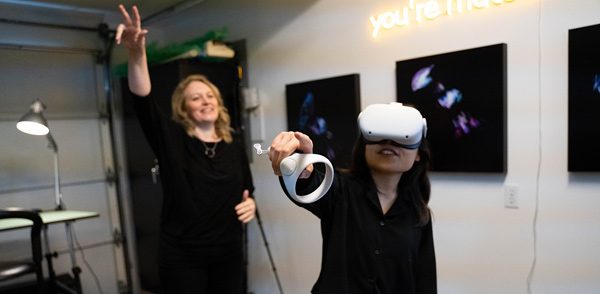
Thursday, May 18, 2023 | 8:30-14:00 (PST)
Friday, May 19, 2023 | 10-12 (PST)
Register here
Registration is required.
Agenda (May 18, 2023)
 |
8:30-8:40
|
 |
8:40-8:45
|
 |
8:45-9:15
|
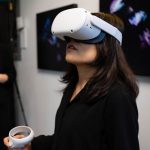 |
9:15-10:00
|
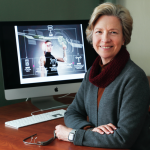 |
10:00-10:30
|
 |
10:30-11:00
|
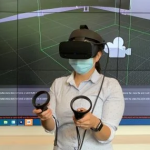 |
11:00-11:45
|
 |
11:45-12:30
|
 |
12:30-13:00
|
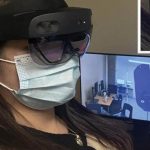 |
13:00-13:45
|
 |
13:45-14:00
|
Agenda (May 19, 2023)
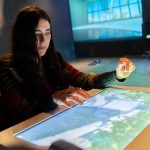 |
10:00-12:00
|
 |
13:00-15:00
|
Invited Speakers Biographies
Dr. Philipp Rauschnabel is one of the first scientists to explore the possibilities of XR and the Metaverse for business. Today, he is one of the most cited authors in the field, advises companies and policy makers, and teaches on these topics at various universities around the world. He also shares his knowledge outside the academic community on LinkedIn and as a speaker. He has a PhD in Marketing and a habilitation (post doctoral degree) in business. Philipp holds a professorship of Digital Marketing and Media at University of the Bundeswehr Munich in Germany. Prior to that, we was a faculty at University of Michigan-Dearborn (USA).
Dr. Ann Hill Duin is Professor of Writing Studies and Graduate-Professional Distinguished Teaching Professor at the University of Minnesota where her technical and professional communication research and teaching focus on technology augmentation and AI, digital literacy, collaboration, and workplace writing futures. In 2021 she received both the 2021 Ronald S. Blicq Award for Distinction in Technical Communication from the IEEE Professional Communication Society and the 2021 J. R. Gould Award for Excellence in Teaching from the Society for Technical Communication. Together with Isabel Pedersen, see their 2021 book Writing Futures: Collaborative, Algorithmic, Autonomous (Springer), and their 2023 book, Augmentation Technologies and Artificial Intelligence in Technical Communication: Designing Ethical Futures (Routledge).
Dr. Guo Freeman is an Assistant Professor of Human-Centered Computing in the School of Computing at Clemson University. At Clemson, she leads the Gaming and Mediated Experience Lab (CUGAME). She uses a human-centered approach to investigate mediated experience and social dynamics forged surrounding technological objects and collaborative systems, including multiplayer online games, esports, live streaming, social VR, and social media. She has authored over 90 peer-reviewed publications and won 10 Best Paper Honorable Mentions Awards (top 5%) at ACM SIGCHI conferences. She has won $20.4 million in external grant funding, including the National Science Foundation (NSF), Air Force Office of Scientific Research (AFOSR), and US Army.
Dr. Yuhang Zhao is an Assistant Professor in the Computer Science Department at the University of Wisconsin-Madison. Her research interests include human-computer interaction, accessibility, and augmented and virtual reality. She designs and builds intelligent interactive technologies to enhance human abilities and make emerging technologies accessible. Her work has been published at many top-tier conferences and journals in the field of HCI (including three best paper nominees and one recognition for contribution diversity and inclusion award). She received her Ph.D. degree in Information Science from Cornell University and M.S. in Computer Science from Tsinghua University, China.